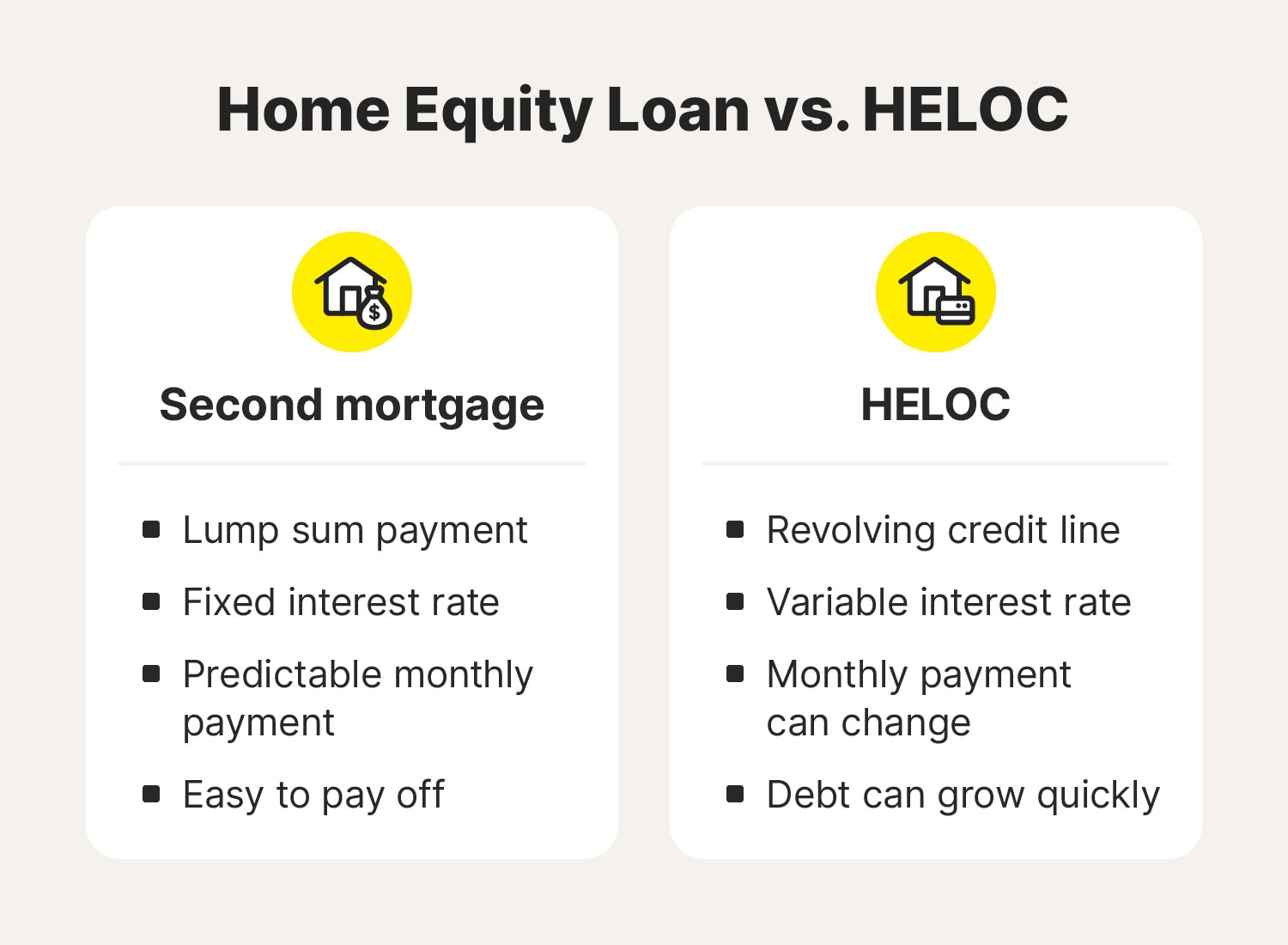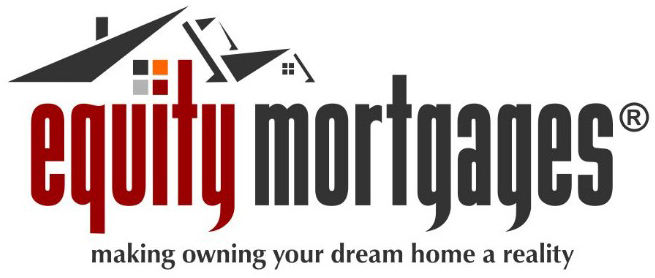Expert Tips on Navigating Equity Release Mortgages
Expert Tips on Navigating Equity Release Mortgages
Blog Article
Checking Out the Various Kinds Of Equity Release Mortgages Available Today
Equity Release home mortgages present numerous choices for homeowners aged 55 and over. equity release mortgages. These financial items cater to various requirements and choices, enabling individuals to accessibility funds from their building. From lifetime home mortgages to shared admiration home mortgages, each type supplies distinctive advantages. Recognizing these alternatives is important for making educated decisions. What variables should one think about when picking the most ideal equity Release strategy? The details that follow may clarify this crucial subject
Comprehending Equity Release Mortgages
Equity Release mortgages give property owners, typically those aged 55 and over, with a way to access the worth connected up in their home without needing to offer it. This economic option enables people to convert a part of their home equity right into cash money, which can be utilized for numerous purposes, such as home enhancements, repaying financial debts, or financing retirement.Equity Release can take various forms, however it essentially involves borrowing against the value of the home while maintaining possession. Home owners can choose to get a round figure or a collection of smaller settlements, depending on their financial requirements and preferences.Additionally, the quantity offered for Release is influenced by the residential property's worth, the homeowner's age, and particular loan provider standards. Overall, understanding equity Release mortgages is important for house owners to make educated decisions regarding tapping into their home's equity while thinking about the long-term effects.
Life time Mortgages
Life time home loans represent one of one of the most preferred kinds of equity Release. This monetary product allows homeowners, usually aged 55 or older, to borrow against the value of their property while preserving possession. The lending, which is secured versus the home, accumulates interest over time but does not require month-to-month payments. Instead, the car loan and accrued rate of interest are paid back when the property owner dies or moves into long-term care.Lifetime home mortgages supply versatility, as customers can choose to receive a round figure or opt for a drawdown facility, accessing funds as needed. Notably, lots of plans featured a no-negative-equity warranty, making certain that borrowers will never ever owe more than the worth of their home. This function gives satisfaction, enabling people to appreciate their retired life without the anxiety of depleting their estate. In general, life time home loans function as a viable choice for those seeking financial backing in later life.
Home Reversion Plans

Drawdown Lifetime Mortgages
While many home owners look for ways to access their wide range, drawdown lifetime home mortgages provide an adaptable option that enables people to Release funds slowly. This kind of equity Release home loan makes it possible for house owners to obtain against the worth of their residential or commercial property while preserving ownership. Unlike typical lifetime home loans, drawdown strategies allow debtors to access a portion of their equity upfront and withdraw added funds as needed, as much as a fixed limit.This feature can be especially useful for those who want to handle their finances thoroughly, as it decreases interest accumulation by just billing passion on the amounts drawn. Furthermore, drawdown life time mortgages typically feature a "no adverse equity guarantee," guaranteeing that debtors will never owe greater than their home's value. This alternative matches retirees who prefer monetary protection and flexibility, allowing them to meet unforeseen expenditures or keep their way of life without needing to sell their building.
Enhanced Lifetime Mortgages
Improved Lifetime Home mortgages use unique advantages for eligible property owners looking for to Release equity from their properties. Recognizing the qualification criteria is important, as it determines who can gain from these specialized car loans. Nevertheless, it is likewise essential to assess the prospective drawbacks connected with enhanced choices, making sure an all-round point of view on their use.
Qualification Requirements Discussed
Understanding the qualification standards for Enhanced Life time Mortgages is essential for potential candidates looking for to access the equity in their homes. Typically, candidates need to be aged 55 or older, as this age requirement is common in the equity Release market. House owners ought to have a building valued at a minimum limit, which can differ by lender. Importantly, the home must be their key residence and in good problem. Lenders typically assess the home owner's view health standing, as certain health problems may boost eligibility and advantages. Additionally, applicants should not have existing significant debts safeguarded against the residential property. Meeting these standards enables people to explore Boosted Life time Home loans as a sensible alternative for accessing funds locked up in their homes.
Benefits of Boosted Mortgages
After making clear the qualification standards, it becomes obvious that Boosted Lifetime Mortgages supply several considerable benefits for homeowners looking to take advantage of their residential or commercial property equity. Mostly, they offer access to a larger car loan quantity contrasted to basic lifetime home mortgages, profiting those with health conditions or age-related variables that increase their life span danger. This improved loaning capacity allows house owners to fulfill numerous financial needs, such as home improvements or retirement expenditures. Additionally, these home mortgages generally include versatile payment alternatives, enabling borrowers to manage their finances better. The no-negative-equity assurance additionally assures that home owners will certainly never ever owe even more than their building's worth, giving assurance. On The Whole, Boosted Life time Home mortgages provide a compelling alternative for qualified home owners looking for monetary services.
Prospective Disadvantages Thought About
While Enhanced Lifetime Home loans provide numerous advantages, possible disadvantages call for careful consideration. One substantial worry is the impact on inheritance; the equity launched reduces the worth of the estate delegated beneficiaries. Additionally, these mortgages can accumulate substantial rate of interest gradually, resulting in a considerable debt that might surpass the original lending quantity. There may likewise be limitations on residential or commercial property modifications or rental, restricting property owners' adaptability. Boosted products typically need particular wellness conditions, suggesting not all house owners will certify. Handling the costs and fees connected with these home mortgages can be complex, possibly leading to unexpected expenses. Therefore, people ought to completely evaluate their scenario and consult monetary experts prior to proceeding.
Shared Gratitude Mortgages
Shared Recognition Home mortgages stand for an unique monetary arrangement that enables homeowners to accessibility equity while sharing future property value boosts with the lending institution. This approach provides possible advantages such as lowered monthly payments, but it also features downsides that must be thoroughly thought about. Comprehending the eligibility demands is crucial for those interested in this option.
Concept Summary
Equity Release mortgages, particularly in the type of shared recognition home mortgages, provide homeowners an unique monetary option that allows them to gain access to funds by leveraging the worth of their residential property. In this arrangement, a lending institution offers a funding to the homeowner, which is generally settled through a share of the building's future admiration in value. This implies that when the home owner offers the home or passes away, the lender obtains a portion of the raised worth, as opposed to just the initial loan quantity. Shared recognition home loans can be appealing for those looking to supplement their income or money considerable expenses while preserving ownership of their home. Nonetheless, the economic ramifications of shared recognition should be carefully considered by potential customers.
Disadvantages and advantages
Common recognition home loans can offer considerable monetary benefits, they additionally come with notable disadvantages that possible borrowers should take into consideration. These home loans permit property owners to accessibility equity in their residential or commercial properties while sharing a part of any kind of future gratitude with the lender. This setup can be helpful throughout times of rising property worths, offering significant funds without monthly payments. The primary disadvantage is the possible loss of equity; home owners might finish up with appreciably lowered inheritance for successors. Furthermore, the intricacy of the terms can cause misconceptions pertaining to settlement commitments and the percent of recognition owed. It is crucial for borrowers to consider these aspects very carefully before dedicating to a shared gratitude mortgage.
Eligibility Demands
What requirements must home owners meet to get a shared recognition home loan? Mostly, candidates must go to the very least 55 years old, guaranteeing they are within the target market for equity Release products. In addition, the home must be their primary home and typically valued over a specified minimum threshold, frequently around ? 100,000. Lenders likewise evaluate the house owner's monetary circumstances, consisting of revenue and superior financial debts, to determine they can take care of the mortgage sensibly. Notably, the residential property has to remain in excellent problem and devoid of considerable legal encumbrances. Homeowners need to likewise have a clear understanding of the terms, consisting of just how appreciation will be shown the lender upon sale or transfer of the property, as this impacts total returns.
Picking the Right Equity Release Alternative

Often Asked Inquiries
What Age Do I Required to Be for Equity Release?
The age demand for equity Release Recommended Site commonly begins at 55 for most plans. Nevertheless, some companies may use choices for those aged 60 and above, showing varying terms based upon private situations and lender plans.
Will Equity Release Influence My Inheritance?
Equity Release can affect inheritance, as the quantity obtained plus interest lowers the estate's value. Successors may obtain less than prepared for, depending upon the building's recognition and the overall financial debt at the time of passing.
Can I Move Residence With Equity Release?
The inquiry of moving residence with equity Release develops frequently. Usually, individuals can move their equity Release plan to a brand-new residential or commercial property, yet specific terms might apply, requiring appointment with the loan provider for guidance.
Are There Costs Related To Equity Release Mortgages?
Fees related to equity Release mortgages can consist of setup fees, assessment costs, and legal costs. Additionally, there may be very early repayment fees, which can influence the overall cost and monetary effects for the borrower.
Just How Does Equity Release Impact My Tax Scenario?
Equity Release can influence one's tax scenario by potentially enhancing gross income, as launched funds are considered funding. Nevertheless, it generally does not incur instant tax obligation responsibilities, making it important to seek advice from an economic consultant for individualized guidance.
Conclusion
In summary, the variety of equity Release mortgages available today offers property owners aged 55 and over several pathways to access their residential property's worth - equity release mortgages. Whether choosing a life time home loan, home reversion plan, or other alternatives, each option presents distinctive advantages customized to specific monetary requirements. Careful consideration and examination with a monetary consultant are necessary to guarantee the picked equity Release solution aligns with personal objectives and economic conditions, inevitably promoting notified decision-making for a protected financial future. Equity Release home loans present various alternatives for house owners aged 55 and over. Equity Release home loans provide home owners, commonly those aged 55 and over, with a way to access the value linked up in their building without needing to sell it. Improved Lifetime Home mortgages use distinct benefits for eligible homeowners looking for to Release equity from their residential or commercial properties. Equity Release mortgages, especially in the form of common gratitude home mortgages, use homeowners an one-of-a-kind monetary solution that permits them to access funds by leveraging the worth of their home. In recap, the variety of equity Release home loans available today uses homeowners aged 55 and over several paths to access their home's worth
Report this page